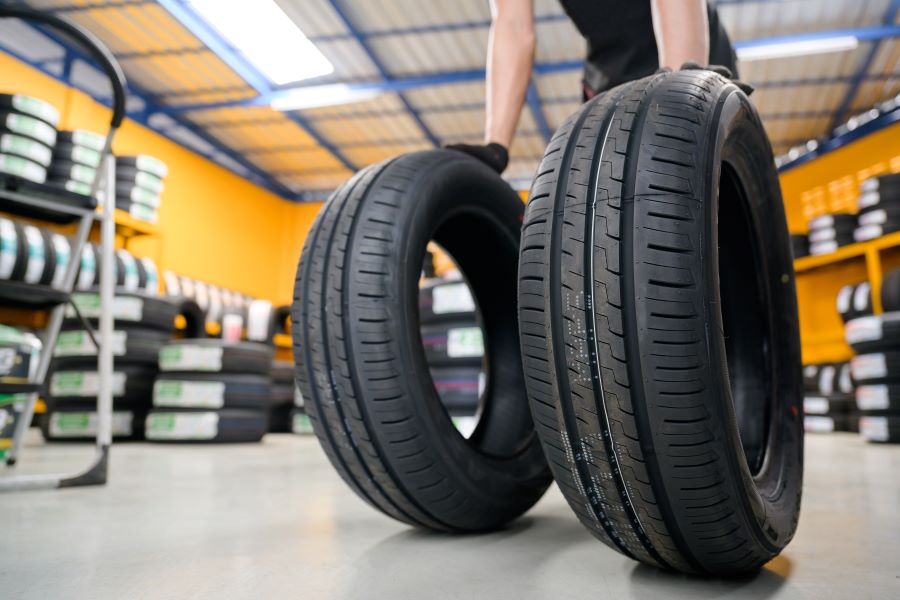Automotive Mechanic Training Options for Residents of Netherlands
In Netherlands, individuals interested in the automotive industry may consider pursuing training to become an automotive mechanic. This training equips participants with essential skills and knowledge needed to diagnose, repair, and maintain various types of vehicles. Engaging in structured training can provide a solid foundation for those looking to enter this field.

The automotive industry in the Netherlands continues to grow, creating opportunities for skilled professionals who understand both traditional combustion engines and emerging electric vehicle technologies. Whether you’re considering a career change or starting fresh in the automotive field, multiple training pathways exist to help you develop the necessary expertise.
Understanding the Role of an Automotive Mechanic in Netherlands
Automotive mechanics in the Netherlands perform essential services including vehicle diagnostics, engine repair, brake system maintenance, and electrical troubleshooting. Modern mechanics must understand computerized diagnostic systems, hybrid powertrains, and advanced safety features found in contemporary vehicles. The profession requires both technical knowledge and problem-solving skills, as mechanics often diagnose complex issues using specialized equipment. Dutch mechanics work in various settings, from independent garages to authorized dealerships, each requiring specific certifications and expertise levels.
Key Components of Automotive Mechanic Training Programs
Comprehensive automotive training programs in the Netherlands typically include theoretical coursework combined with hands-on practical experience. Students learn engine mechanics, transmission systems, electrical circuits, and computerized diagnostic procedures. Modern curricula increasingly emphasize hybrid and electric vehicle technology, reflecting industry trends toward sustainable transportation. Training programs also cover workplace safety protocols, customer service skills, and business operations for those considering entrepreneurship. Laboratory sessions provide experience with real vehicles and professional-grade diagnostic equipment used in contemporary automotive service facilities.
Pathways to Becoming an Automotive Mechanic in Netherlands
Several educational routes lead to automotive mechanic certification in the Netherlands. Vocational secondary education (MBO) programs offer structured learning combining classroom instruction with workplace internships. Apprenticeship programs allow students to earn while learning, working directly with experienced mechanics in professional environments. Adult education centers provide flexible scheduling for career changers, often offering evening or weekend classes. Some programs focus on specific vehicle brands or technologies, such as electric vehicle specialization or luxury automobile service. Each pathway typically requires 2-4 years to complete, depending on the program structure and specialization level.
| Training Provider | Program Type | Duration | Cost Estimation |
|---|---|---|---|
| ROC Technical Colleges | MBO Level 2-4 Programs | 2-4 years | €2,000-4,000 per year |
| Automotive Training Institute | Specialized Courses | 6 months-2 years | €3,000-8,000 total |
| Mercedes-Benz Academy | Brand-Specific Training | 1-3 years | €4,000-10,000 total |
| Volkswagen Training Center | Manufacturer Programs | 1-2 years | €3,500-7,500 total |
| Independent Trade Schools | General Automotive | 1-3 years | €2,500-6,000 total |
Prices, rates, or cost estimates mentioned in this article are based on the latest available information but may change over time. Independent research is advised before making financial decisions.
Training costs vary significantly based on program type, duration, and institution. Government subsidies and financing options may be available for eligible students, particularly those enrolled in recognized MBO programs. Many employers offer apprenticeship positions that combine paid work experience with formal education, reducing overall training costs while providing income during the learning period.
Successful completion of automotive mechanic training opens doors to various career opportunities within the Dutch automotive sector. Graduates may work in independent repair shops, franchise dealerships, fleet maintenance facilities, or specialized service centers focusing on particular vehicle types. Some mechanics eventually establish their own businesses, while others pursue advanced certifications in emerging technologies like electric vehicle systems or autonomous vehicle diagnostics. The skills acquired through comprehensive training programs provide a solid foundation for long-term career growth in the evolving automotive industry.




